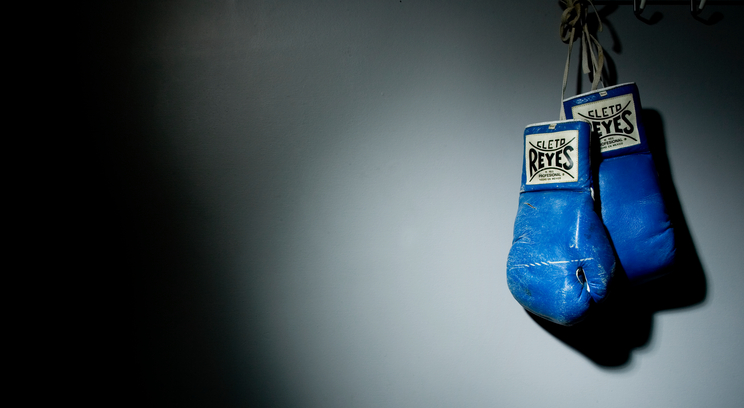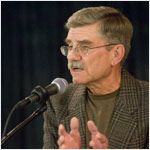One of the greatest values of a college education is learning how to reason and respect instead of rant and rave. I am so glad St. Thomas has entered into the arena of civil discourse with a pair of offerings: one last week on global conflicts and how to solve them and another, scheduled for November, called “Freed Speech,” featuring CNN’s Soledad O’Brien as the keynote speaker.
I’m getting fed up with this “mean season,” where 30-second ads scream and shout half-truths about those running for public office. DFLer Rick Nolan, a candidate for Congress in Minnesota’s 8th district, is described as opposing Medicare, and the state’s House Republicans are accused of unilaterally raising property taxes for 95 percent of homeowners. At the very least, the ads stretch of the truth; at worst, they trample it.
The 24-hour news cycle, the new media and dueling talking heads offer no relief, either. Recently, NBC’s primetime news hour, Rock Center with Brian Williams, featured a lengthy report by Ted Koppel on the new journalism and the damage done to reasoned discourse. The Koppel segment featured Bill O’Reilly and Ann Coulter, the author and commentator who calls herself “the conservative Ayatollah.” She spoke on the St. Thomas campus in 2005, to a capacity crowd in OEC auditorium, and in her wake she left a landscape littered with vitriol and vituperation.
Koppel’s conclusion is that the “war of words” is prevalent because it makes money – for the cable outlets, the hosts and moderators, and the networks. Fox News, perhaps the most ideologically strident of the networks, produces revenues of $1 billion annually, according to David Carr of the New York Times. That’s a lot of money for being nasty.
Being nice, while disagreeing, happens all the time in St. Thomas undergraduate classrooms, especially in history, journalism, political science and sociology, where professors set the tone for enlightened discussions and disagreement: opinions buttressed by fact, moderated with thoughtfulness and open to questions.
History professor George Woytanowitz, as anyone who has sat with him at lunch can testify, has a few sharp edges and a couple of crusty corners. Yet I’ve talked to a half dozen of his students over the years who were delighted with his class, empowered by his approach and emboldened by his respect for opposing ideas.
“The only point I would like to make is that, to me, ‘civil discourse’ can be the beginning of a slippery slope that can lead either to political correctness or to censorship. It doesn’t have to be that, of course, but it can lead to that,” Woytanowitz says.
“If 18- to 21-year-olds sit in a class and never hear anything which annoys, provokes, angers, challenges or occasionally offends them, they will have been cheated.”
When I taught a reporting class, discussion and debate were expected: Would you name this suspect before he’s charged? In an effort to write a balanced story and reflect opposing views, what would you do when you know one side is misrepresenting the facts, as with the early debate over climate change? Why is it necessary to identify the single mother as an AFDC recipient?
That question prompted one of the more interesting debates in my class. One young man said he thought AFDC encouraged recipients to lie around, to expect a handout, to continue the pattern of dependency. Another student from Minneapolis raised her hand. Quietly, she told the class that her mother was one of those “welfare people” and, yes, she worked hard, raised her kids and went on to be self-sufficient. Talk about a teachable moment.








